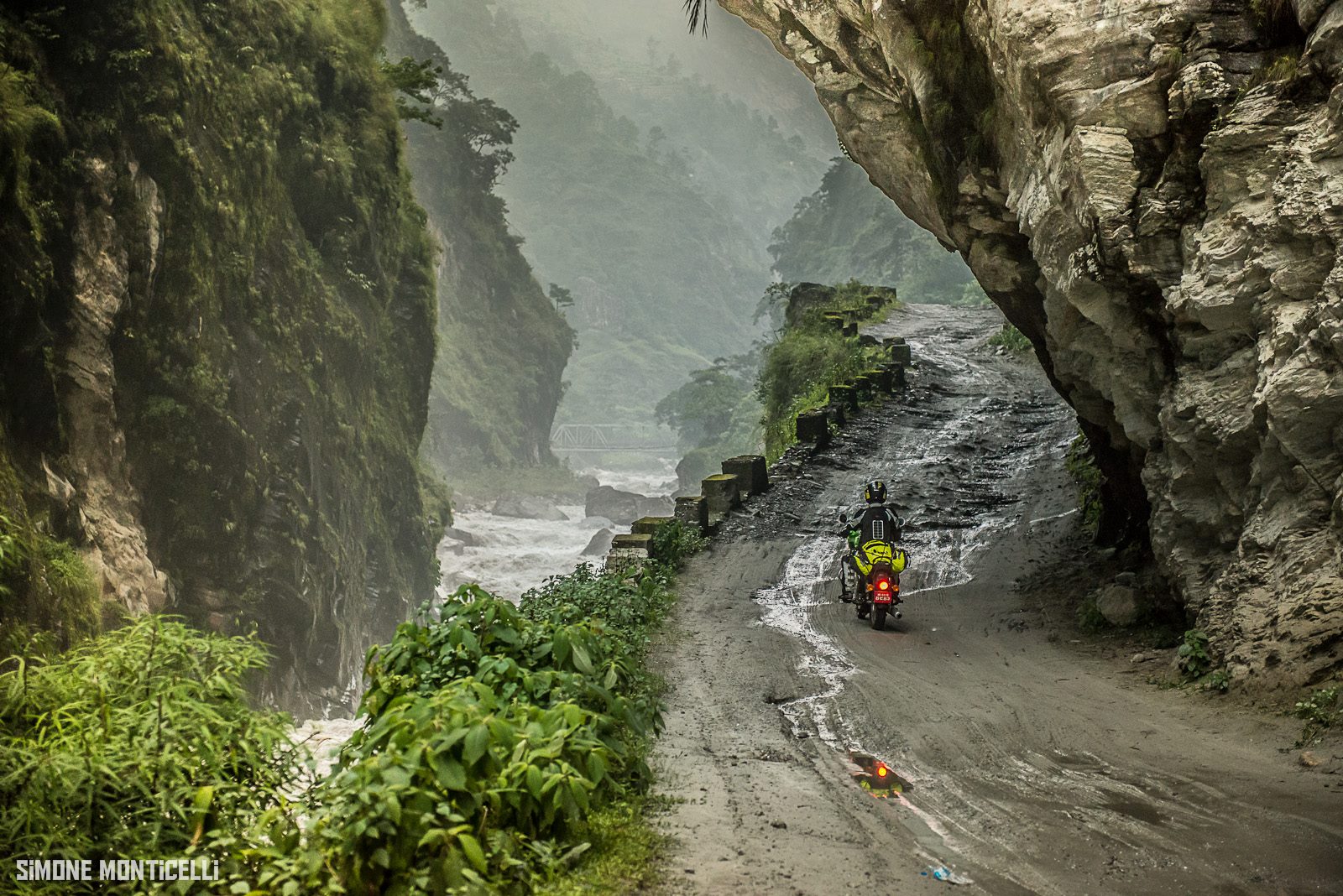This post is also available in: Italiano (Italian)
1)Know your own equipment
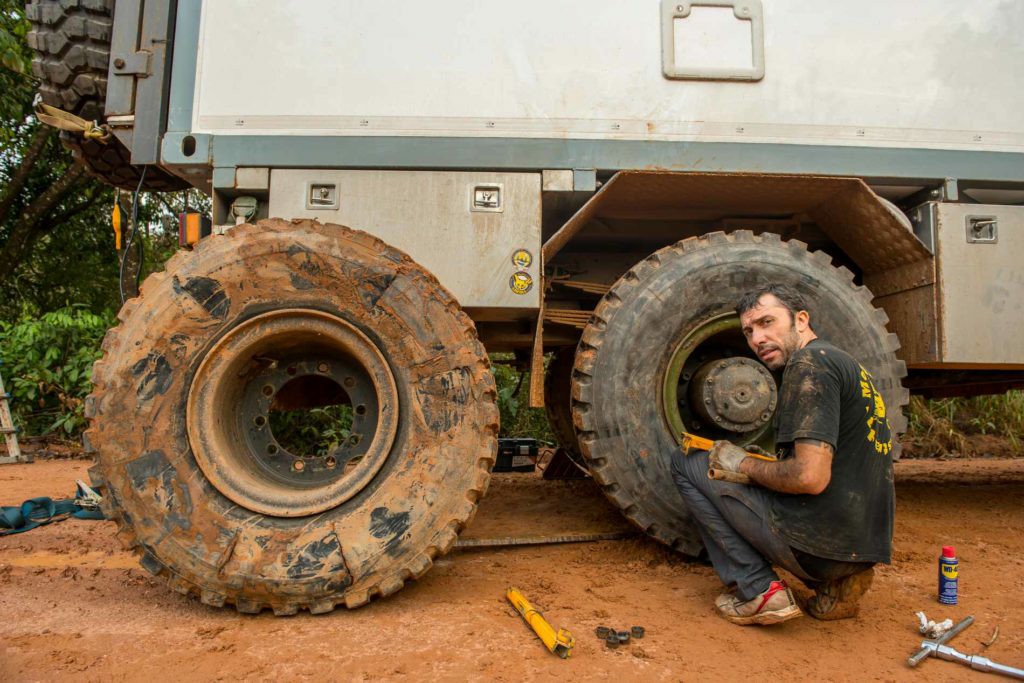
Sand plates, solar system, water filters, autoclave pump, satellite phone, GPS system, Inverter: these are just some of the things you will need to know when planning a long-term Overland trip. It will be necessary not only to know how all these accessories work, but also to know how to fix any malfunctions during the trip. Nobody wants to get stuck in the middle of nowhere with the need to read an instruction manual in order to understand the functioning of your navigation system.
2) Create your own network of contacts
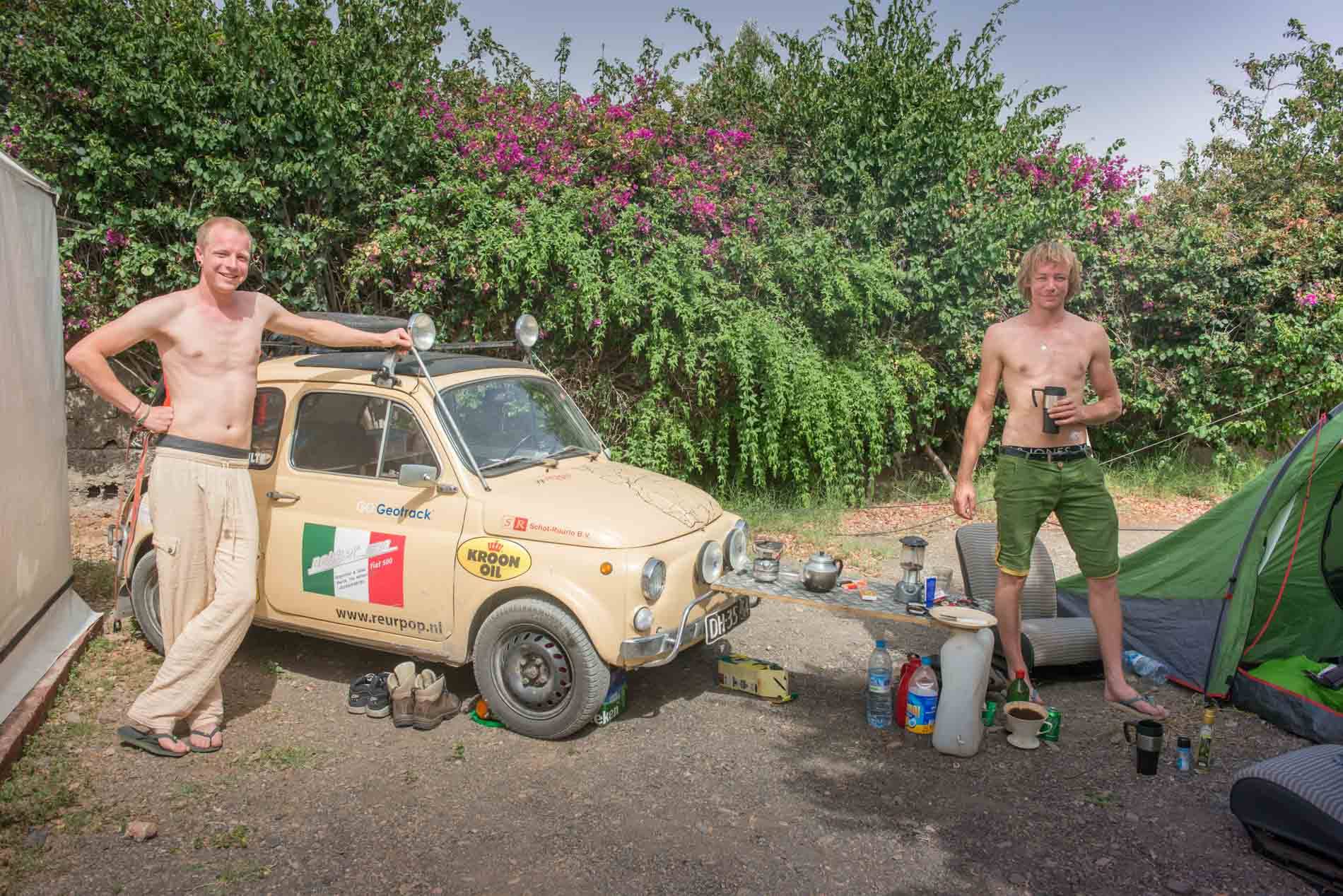
It will be useful to create a network of contacts along the way. In addition to being an effective way to learn about experiences and people can also be useful in case of need. Being in a position to ask for help could be effective to have someone on the spot who can start helping out, even if only to solve a language problem.
3) Answer the question: Is it safe to go?
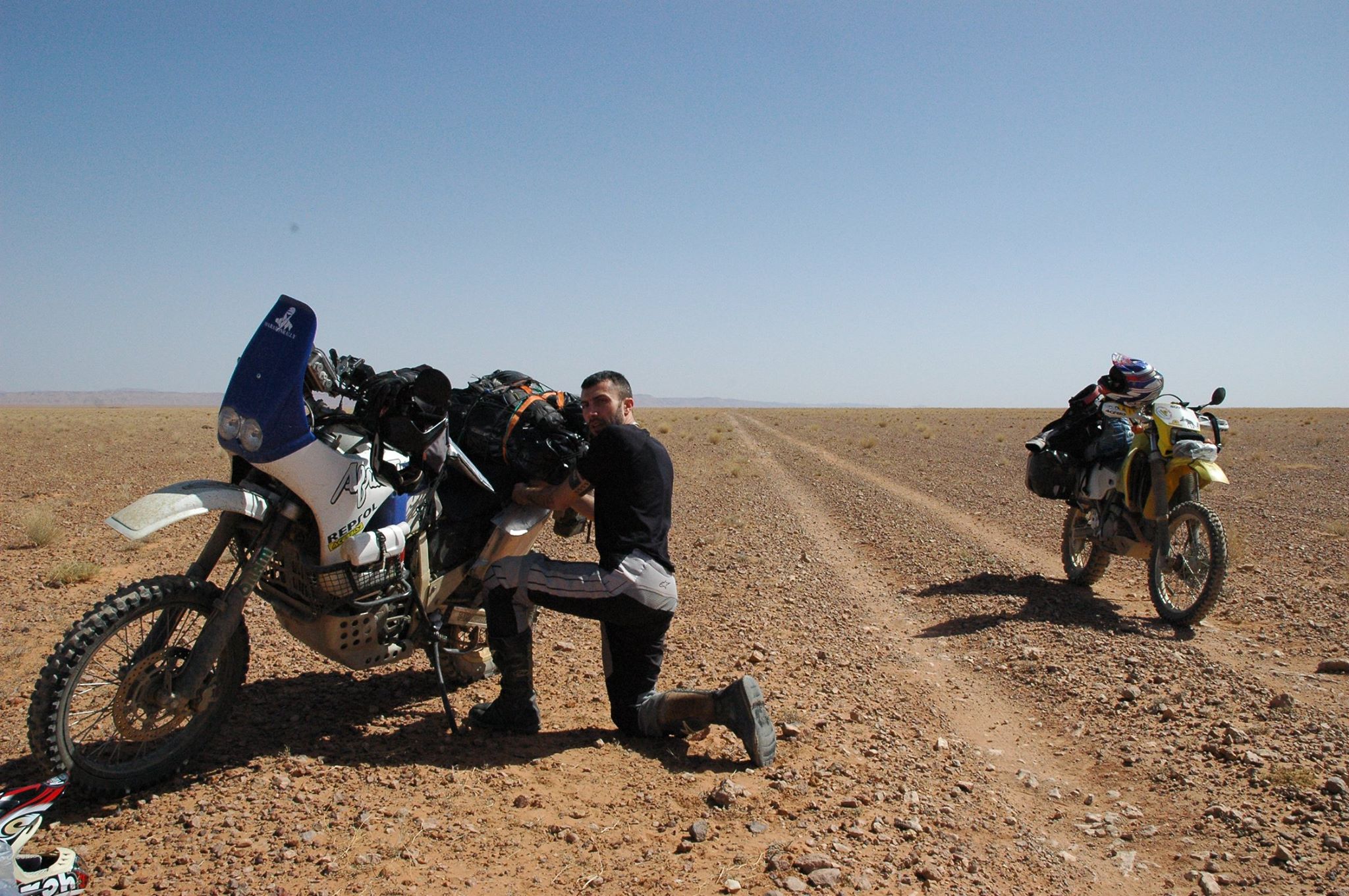
It is very important to know the current state of things in the countries where you intend to travel. Although many suggest the use of institutional portals as far as we are concerned, we have always found them too “biased” or simply guided by general alarmism that spreads due to specific or circumscribed events. It might be useful to contact the local embassies, and even better to look for fresh information from travelers who have recently crossed the regions of interest to you. Be careful because although the network is perhaps the best source of information it is also the one that contains the most incorrect number. Always seek direct contact with people you trust.
4) Stay healthy
5) Where are the candles (example)?
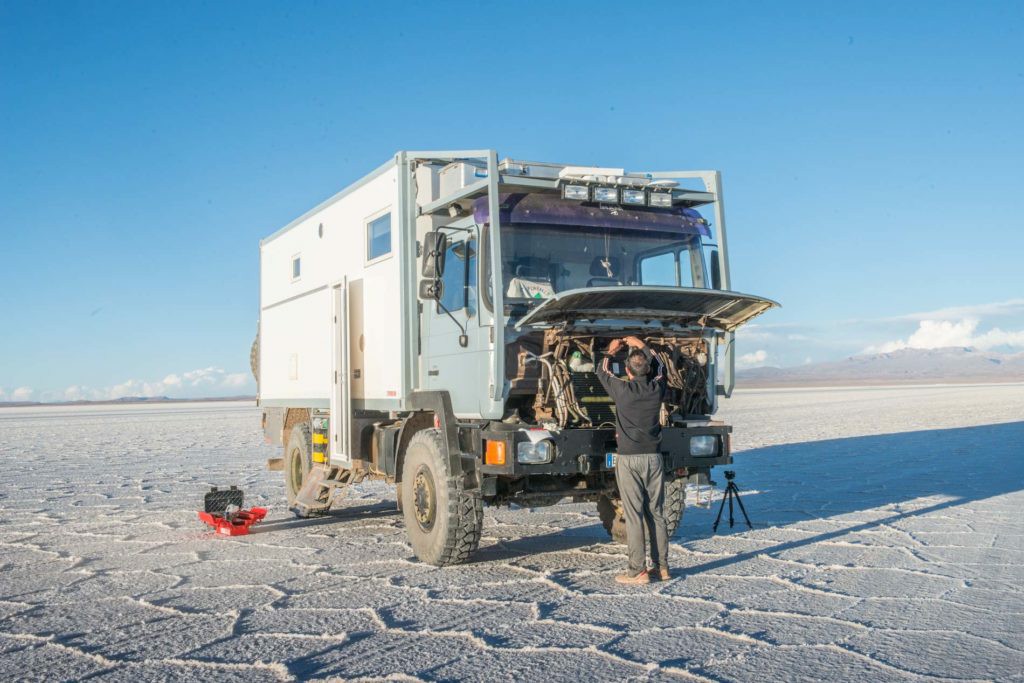
This is certainly not a question to ask when one of these has stopped working. Traveling off-road then it is good to try to gain experience with their basic mechanical skills, have tools with them and learn how to know suspension, transmission, start-up, power. It is a good idea to recover the workshop manual of your vehicle, this may be helpful to you but also to the mechanic who has to deal with a repair to your car. The punctures can be a real problem, there are those who say they have never pierced in his life, others (like us) that instead of punctures they have had anywhere and by any means. Traveling off-road drilling can be a problem, both for the greater probability and for the conditions in which you will find yourself replacing the tire. Do not underestimate this eventuality and practice the replacement procedure. As far as we are concerned, we have almost zero confidence in self-repair tools such as cans, in years of traveling the cases in which they have worked in our off-road vehicles have been rare. Remember that often the punctures could cause the tire to break and therefore the replacement could be mandatory.
6) Language, translation: learning to communicate
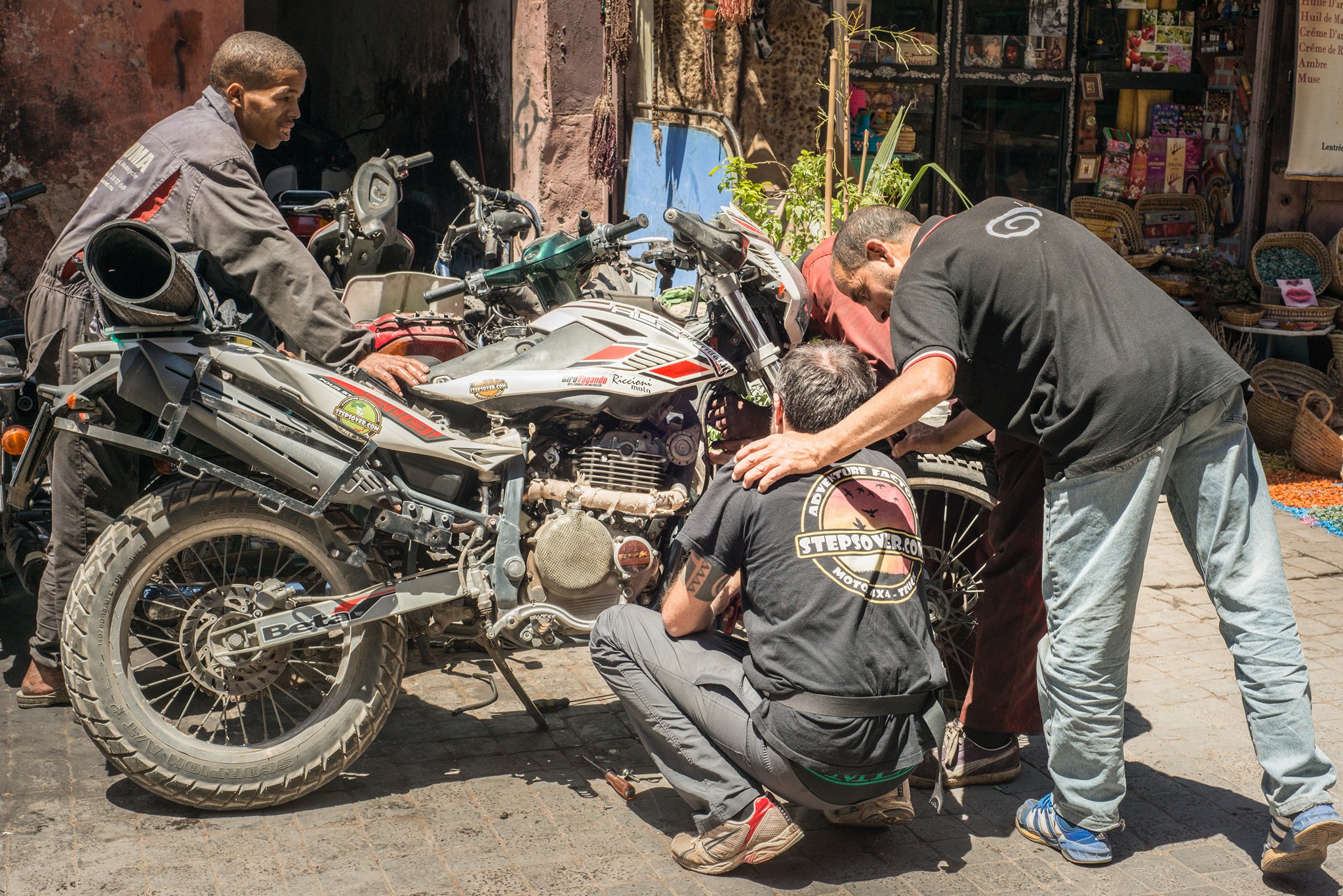
One must try to understand what language one speaks along the way and learn at least some simple phrases necessary to untangle oneself in everyday life. Indispensable then have always been a good phrase book for us and a dictionary. In Mongolia, a sleeping bag got us in the bike and was destroyed. When we arrived at the first village, it would not have been easy to buy a wool blanket to replace it without having the phrasebook with us. Learning to communicate is also essential to get to know people, get advice and learn more about the place where you are traveling.
7) Stay in touch with friends and relatives
We have many equipment that allow us to stay in touch with relatives and friends that we left home: laptop and cell phone are essential tools for us. It is always good that someone knows more or less where you are, so that he can help you in case of problems. In case of need it is a good idea that someone else knows approximately where you are.
8) Imagine! It will never happen to me
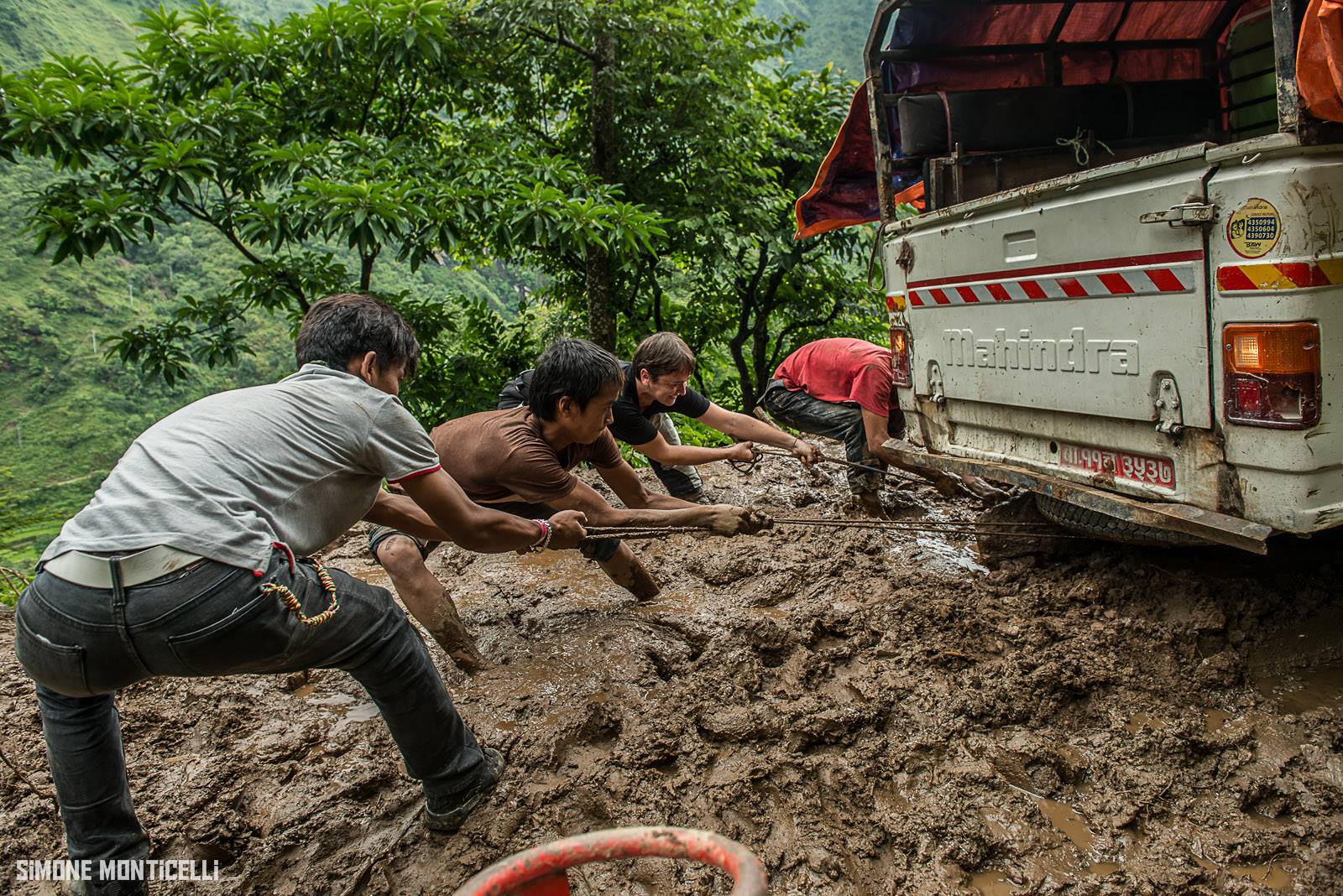
9) Ask more experienced people
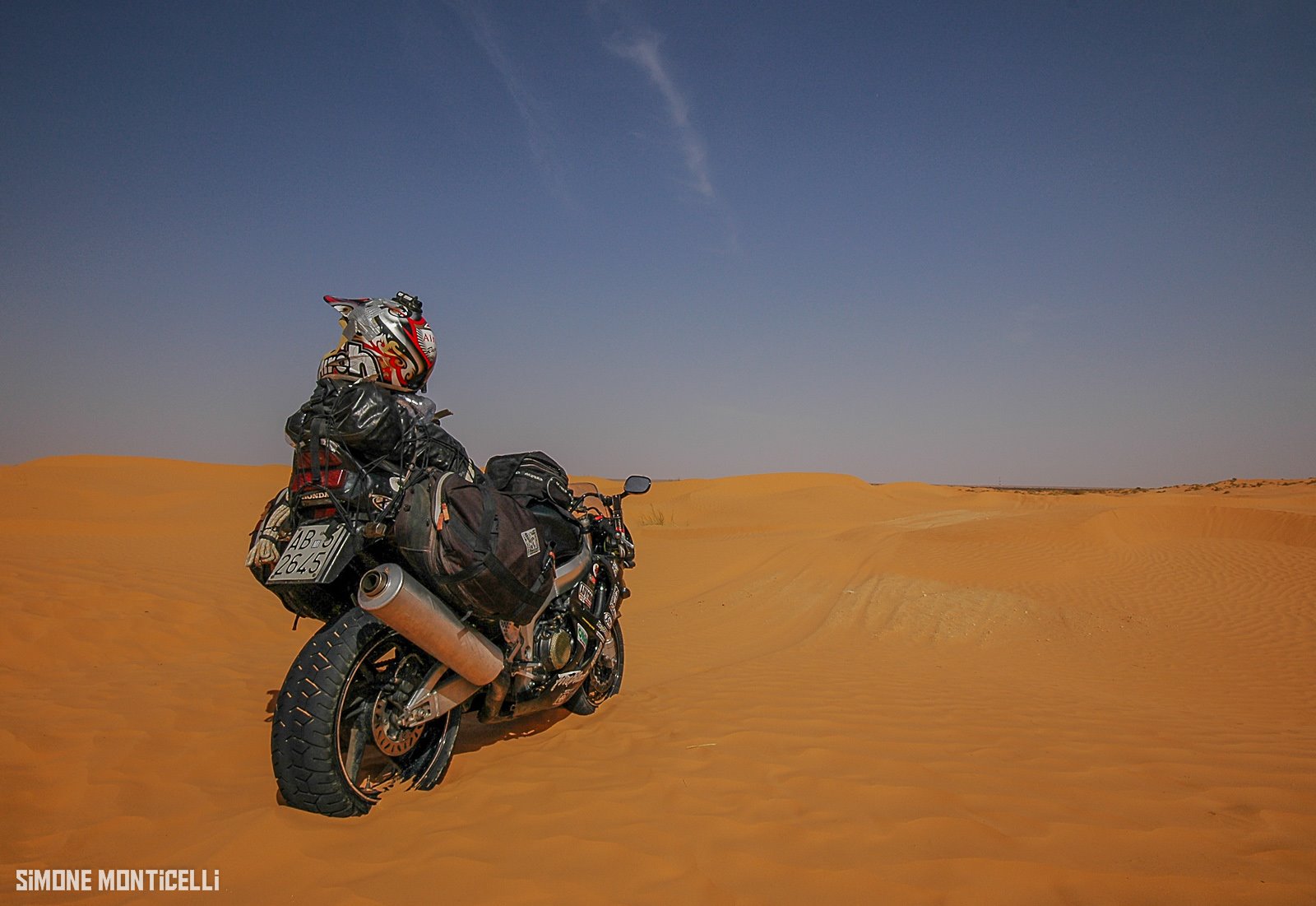
Some of the most important advice we got during our travels came from people who had recently completed similar journeys to ours. No travel guide will tell you the status of a track or a border post while someone who has recently driven in the same place will be able to do so. For example, when we crossed the border between Brazil and Bolivia in the middle of the Pantanal, we asked for advice from a German traveler who had been in the same place for a few days with his Land Rover. If we had not done so, we would never have discovered that as we intended to cross a military checkpoint, customs procedures had to be completed 220 km away in a Brazilian city. Horizonunlimited and Expeditionportal are two very interesting sites to use to connect with other travelers.
10) Do not forget the sense of humor

It’s not a trivial thing, because traveling all kinds of people meet. Whether it’s border guards or grumpy mechanics, it’s amazing how much humor or a smile can help you even in situations that seem tragic. And no matter how bad it may sound, would you rather not change a gum in the Gobi desert than another day at the office?
